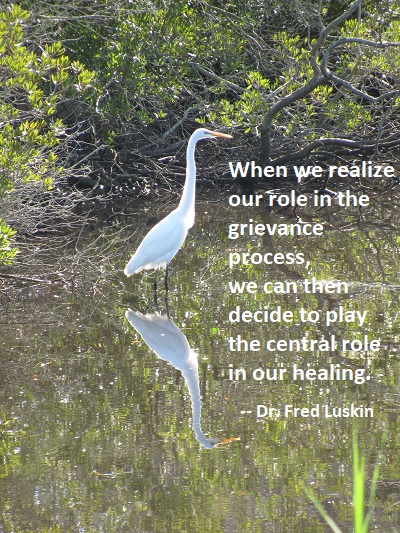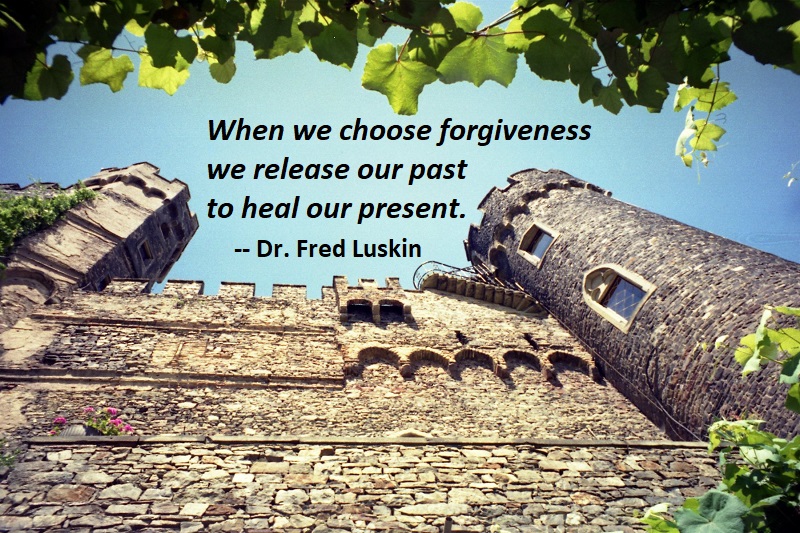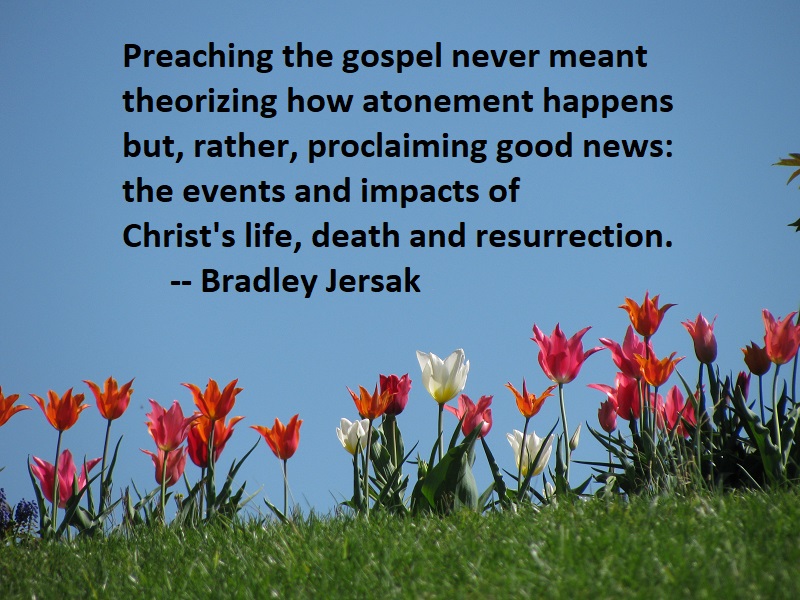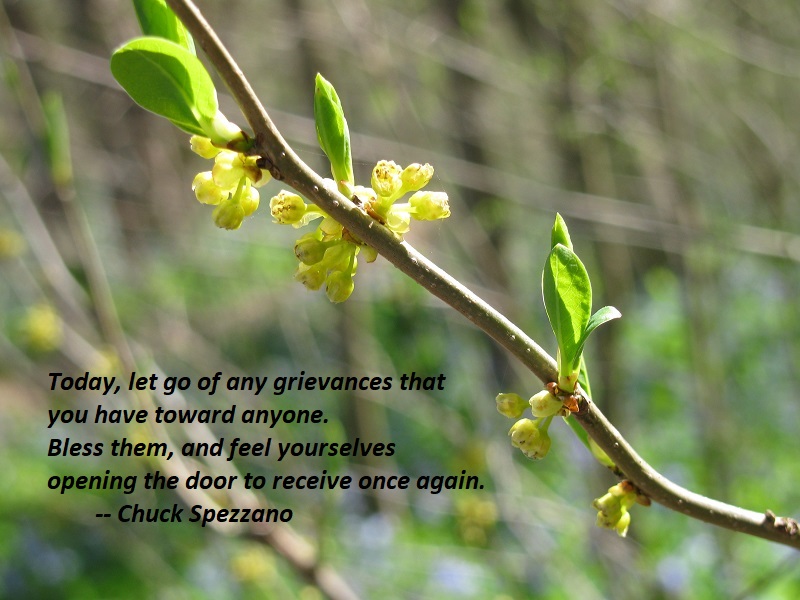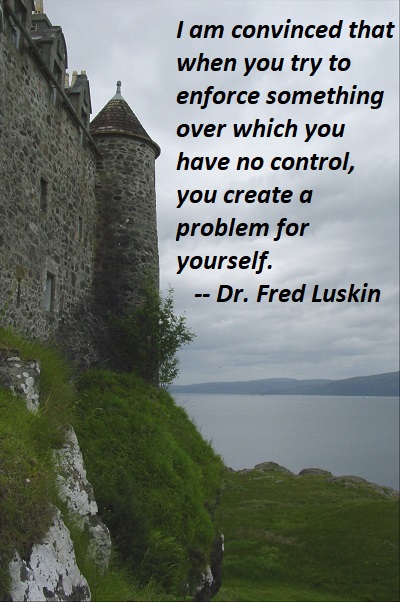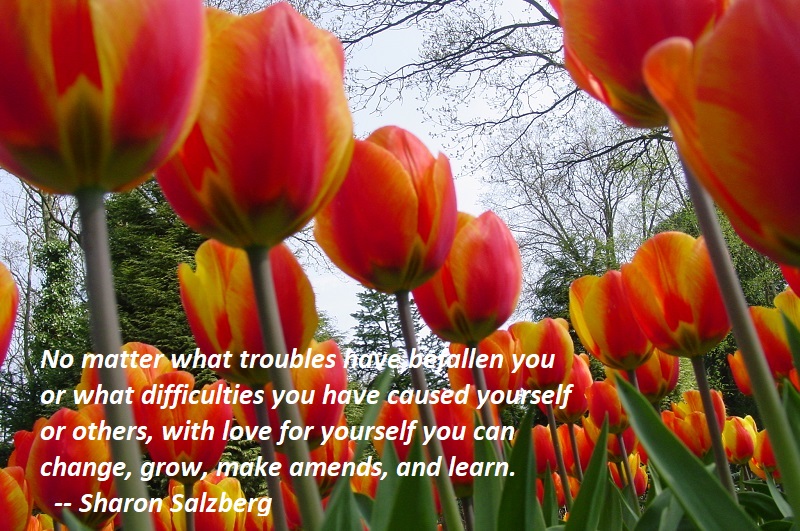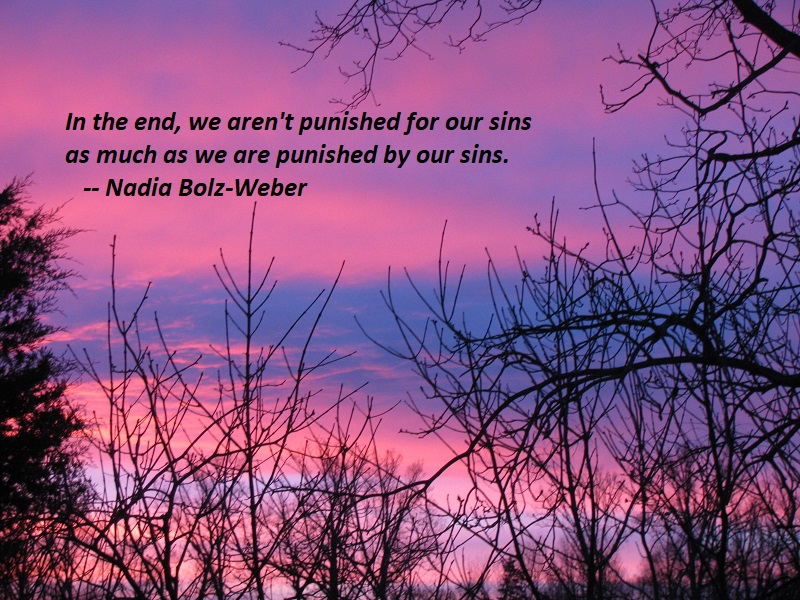Grievances Don’t Happen by Chance
I want to make clear beyond the shadow of a doubt that a grievance does not occur by chance. Just because we were mistreated does not mean we have to create a grievance. A grievance isn’t inevitable just because of a deep wound. A grievance forms when you react to painful situations in a specific way….
When we realize our role in the grievance process, we can then decide to play the central role in our healing. The most powerful way to heal is through forgiveness. When we forgive, we take something less personally, blame the person who hurt us less, and change our grievance story. Through learning the process of forgiveness, we can forgive anyone who has hurt us in any way.
— Dr. Fred Luskin, Forgive for Good, p. 64
[Photo: Assateague Island, October 24, 2016]
